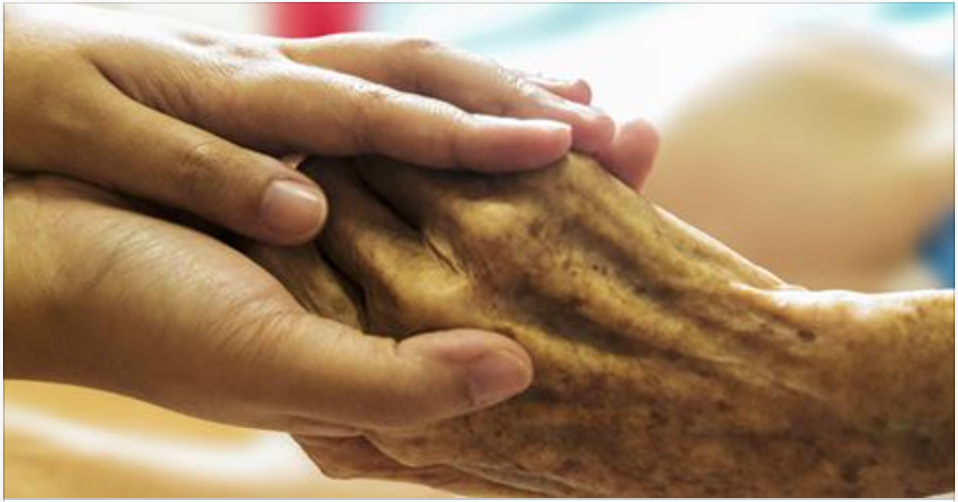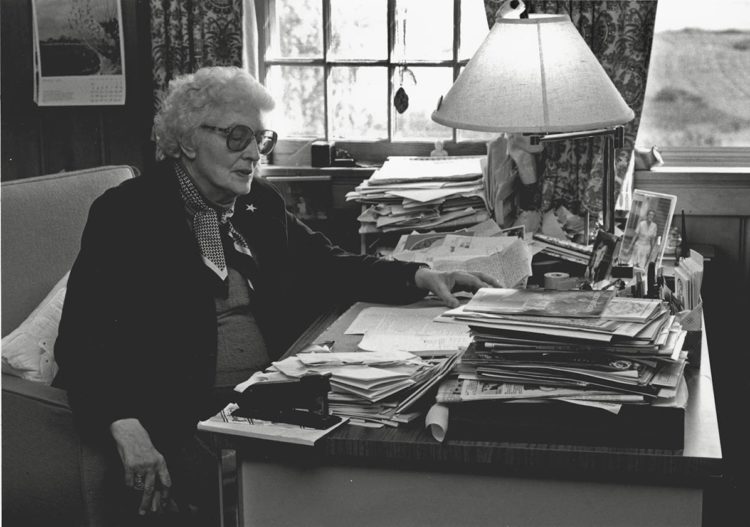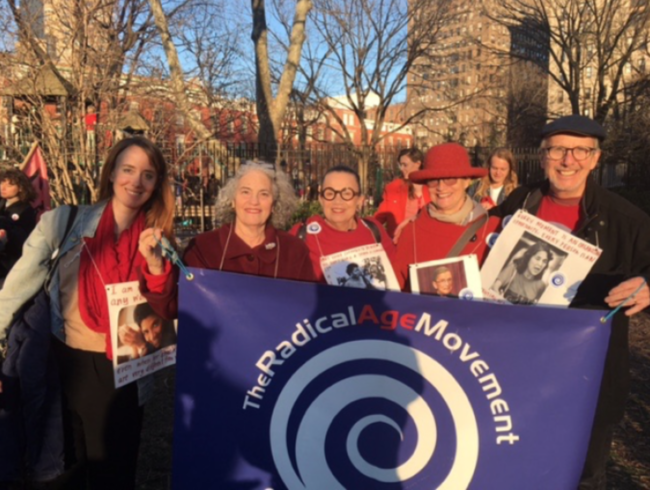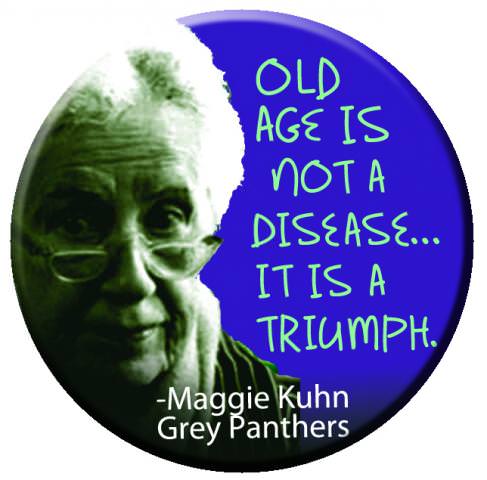“Don’t try to explain a lot to her. She’s too old to get it.” (Two clerks at a Best Buy referring to an older woman in the market for a new TV.)
This is typical of the way older adults are stereotyped in our youth-obsessed culture.
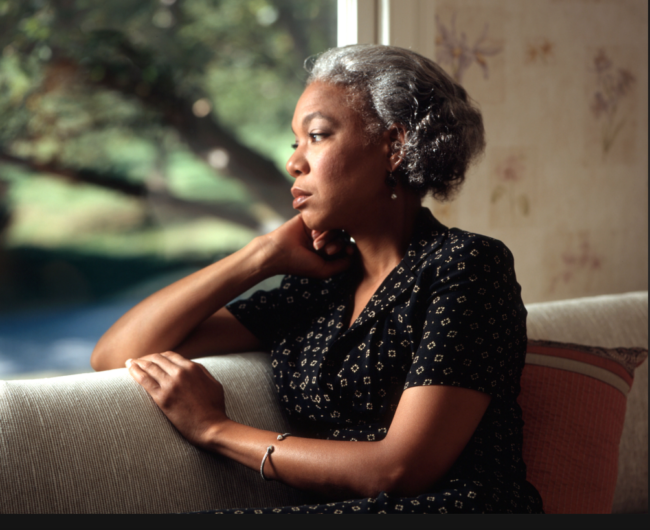
Depression can set in when older adults are marginalized by the message, “You’re too old to change.”
I won’t stand for it! I’m in my eighth decade, and I’m anything but set in my ways. I continue to find new challenges to keep my neurons sizzling.
All around me are older women and men who read extensively, have rich cultural lives, join in social protests, write books and create art and music. They are fully alive and quite capable of learning new tricks. In fact, like me, they thrive on creative challenges.
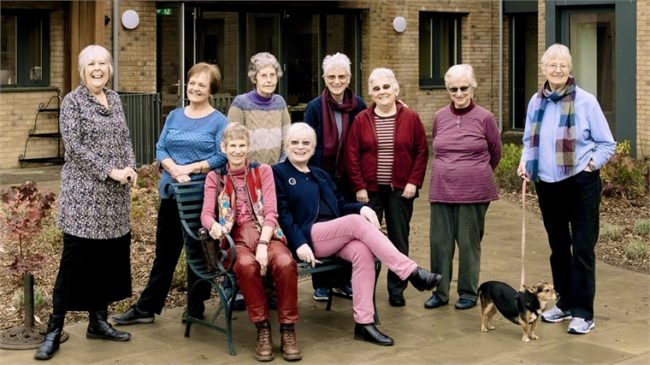
A dynamic group of UK women who banded together to develop their own co-housing unit, where they now live together.
In spite of the fact that older adults are more productive, more engaged with life than previous generations of aging women and men, the stereotype of the stagnant older persists and influences behavior.
By extension many older adults internalize the ‘old dog’ image, holding themselves back from engaging with society the way they did when they were younger.

An older woman doubting her computer skills, having fallen prey to the stereotype that older adults can’t learn new skills.
To avoid succumbing to the ‘you’re too old to change’ notion, recognize that this is an unfounded assumption. What’s more, there are areas where our aging brains actually improve!
Research from the Institute of Design at Stanford, contends that the aging brain is superior to the younger brain when it comes to empathy. “Older adults have a greater capacity for empathy because empathy is learned and refined as we age.”
I have happily discovered another advantage of the aging brain where my thinking has changed for the better. My older calmer self has worked through many of the conflicts of my younger self, which took up a lot of room in my head. The absence of these tensions frees up my brain waves. A mind less cluttered with insecurities can see new possibilities.
Similarly May Sarton celebrates the often-clearer perspective that accompanies aging: “I have learned to glide rather than to force myself at moments of tension.”
The British octogenarian writers, Penelope Lively and Diana Athill, describe a deeper appreciation of life in their old age, attributed to the greater patience that frequently accompanies aging. What’s more patience enhances the odds of acquiring serenity, a welcomed state.
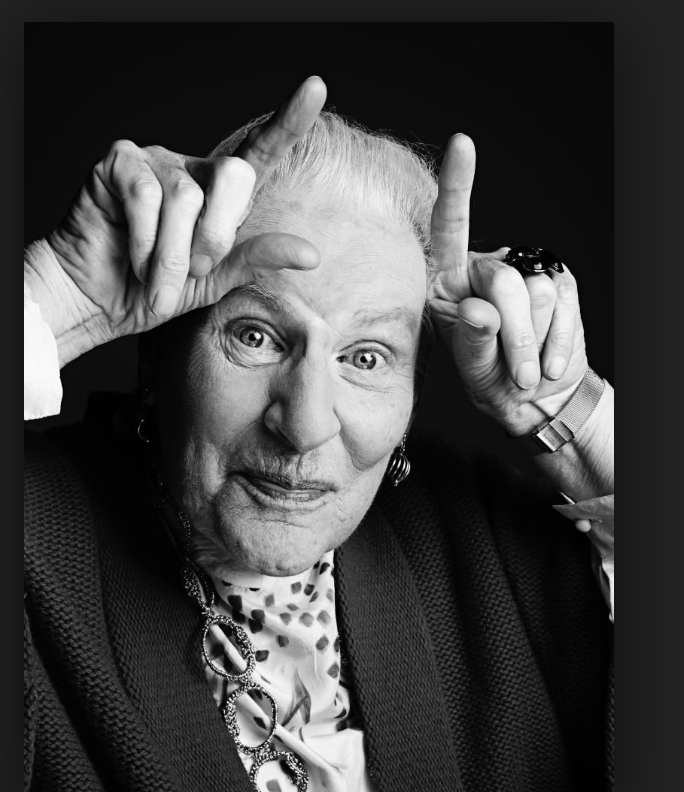
The formidable British editor and memoirist, Diana Athill, whose aging brain kept on writing up until her death at 98 this past March.
However, our aging brains are not without challenges. When my life experience lags behind popular culture, I have to work extra hard to keep up. I’m finding this to be the case as I engage with white privilege. I didn’t have the benefit of growing up in an integrated society like my sons and the millennial generation. That doesn’t mean I have avoided the challenge.
